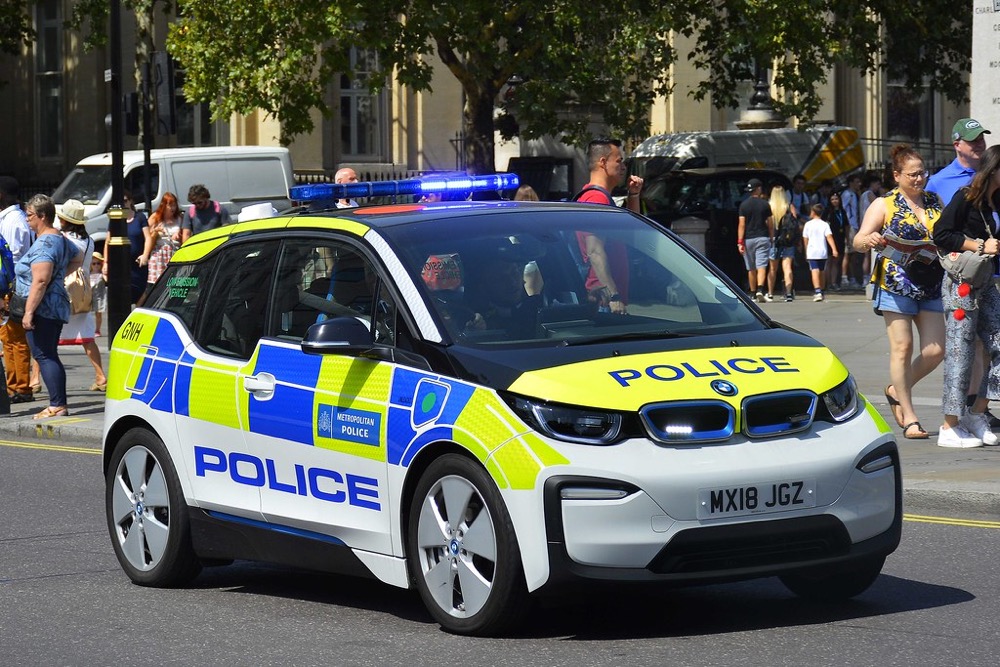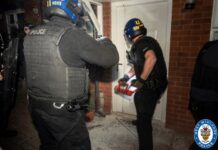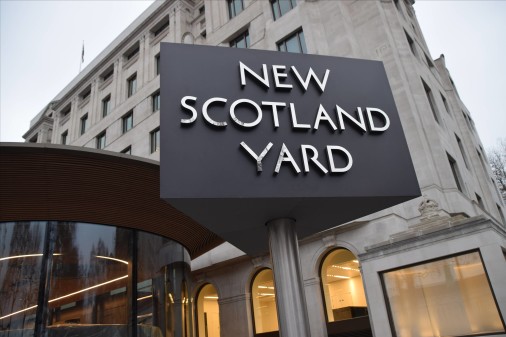Police forces across the country have spent almost £1.5M on around 450 green vehicles in a bid to meet emission targets.
But there’s just one slight problem – they aren’t much good at chasing crooks or rushing to save people in crisis.
Practically all of the vehicles, which cost at least £1.49 million altogether, are used for non-emergencies and for bosses to travel to work.
Official police reports say it takes too long to charge the batteries to be ready for a hot pursuit at a moment’s notice.
They also say there is too much risk of them running out of juice before before the end of a shift.
Several authorities refused to reveal how much they spent, meaning the collective figure is likely to be well over the £1.49 million.
Tory backbencher and former special constable David Davies wasn’t impressed by the findings.
He said: ‘Police bosses need to show a bit of common sense. I’ve been in a police car on so many occasions when an emergency call has come in.
‘You can’t predict what is going to happen and so they need to be very careful when using electric cars.’

Official reports from a number of forces including Kent Police and Staffordshire Police admitted electric vehicles take too long to charge and aren’t kitted out for the ‘operational requirements’ of a chase.
Thames Valley Police said ‘day running lights’ on many of the vehicles could cause problems in surveillance operations.
Devon and Cornwall Police has spent £80,000 on four green vehicles used as pool cars, the Daily Mail reports.
But the force says taking on more ‘is unlikely to be cost effective until the range of lithium ion batteries improves and costs stabilise’.
The 2018 versions of the BWM i3, bought by many forces, has a max speed of 124mph.
The Metropolitan Police currently has 134 eco-friendly vehicles, and wants to make its whole fleet green by 2050 – when the British Government aims to make the whole UK carbon neutral by.
But for now the force has had to buy more diesel vehicles to deal with high-speed chases, admitting the electric car market has ‘not sufficiently matured’ to meet their demands.
Police Federation spokesman Tim Rogers say the public ‘does not need to worry’ about officers not being able to reach them because their cars ran out of battery.
He added: ‘It would be the remiss of anyone managing a vehicle fleet to restrict themselves that way – they are still able to use other vehicles’.














